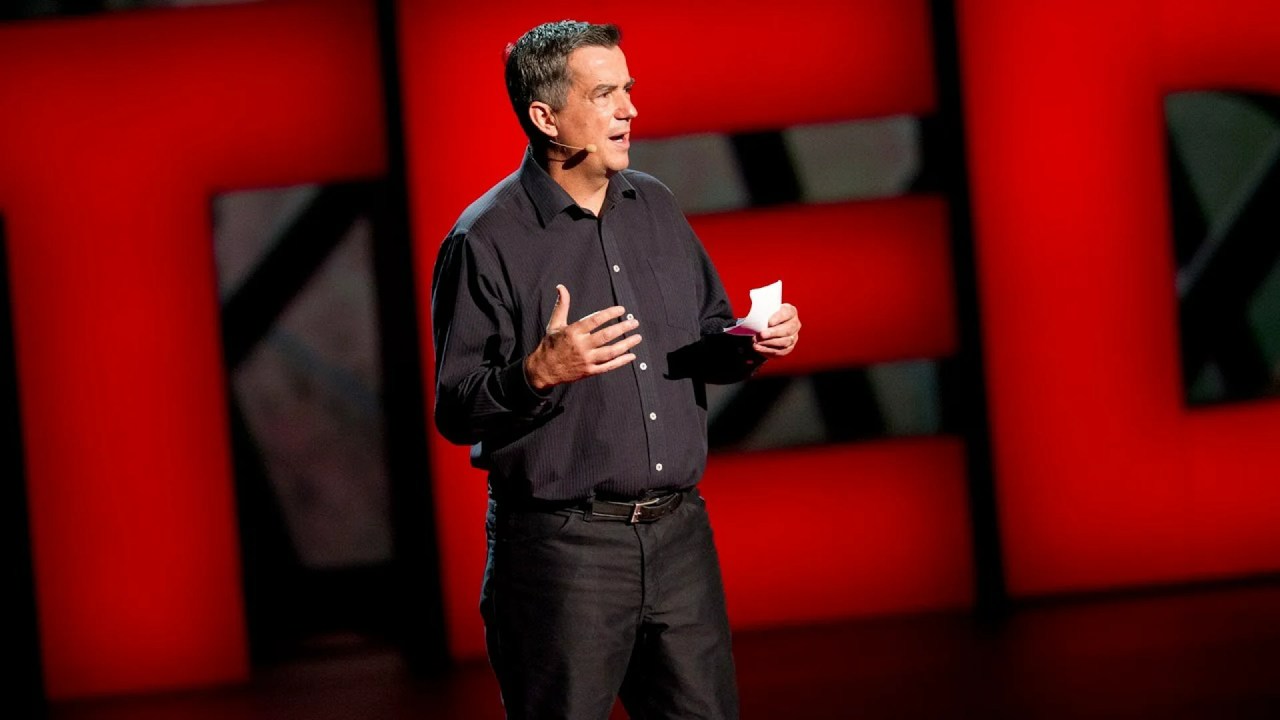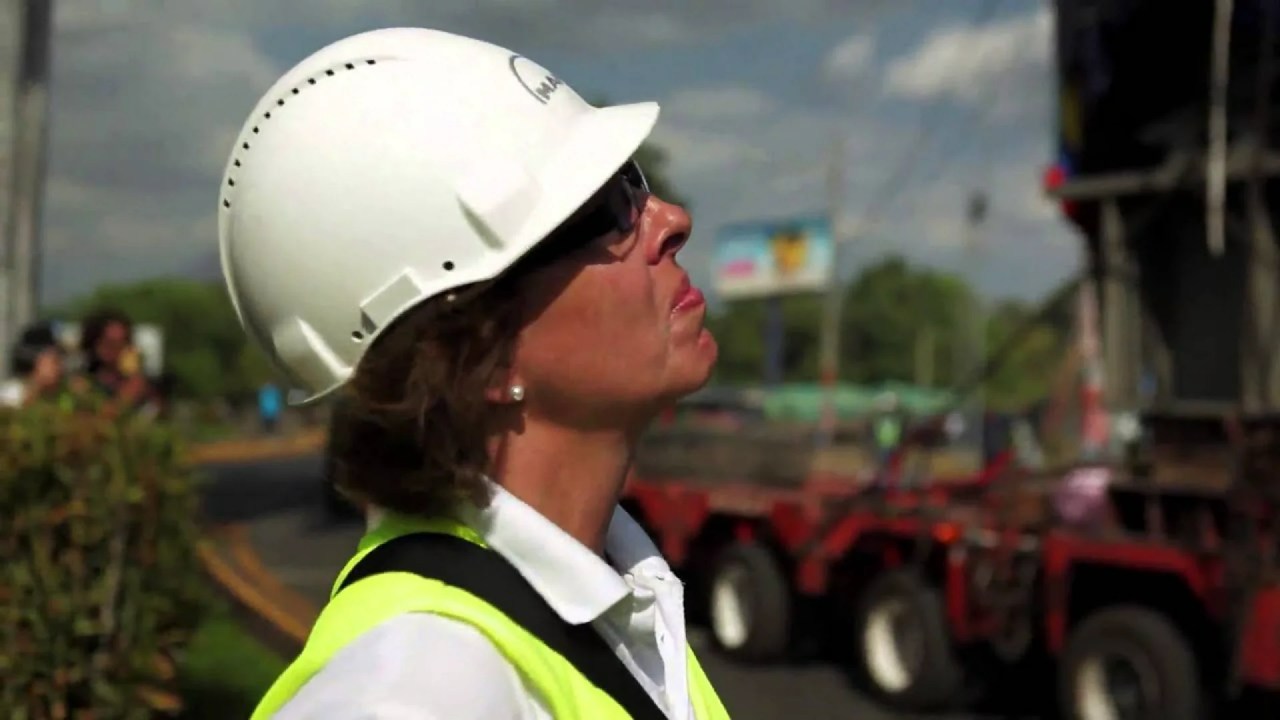Agriculture will have to change drastically in the future if it is to meet global demand. Food production will become increasingly difficult in the face of growing challenges like rapid population growth, climate change and soil exhaustion.
In Berlin, too, you can find lettuces growing in beds without soil and under artificial lighting next to restaurant kitchens or in some supermarkets.
But in Japan and the US the practice of growing vegetables in huge factory buildings has been around longer.
These are a world away from your normal greenhouses. The plants are grown in sterile conditions without the use of any pesticides. The fruit and vegetables produced can be eaten without being washed.
And the yield is 100 times greater than in a same-sized area outdoors. The Japanese maker of such high-tech farms is successfully exporting them around the world – to customers in the Arab Emirates and in Asia’s megacities, for example.
We will all have to wake up to the fact that food production methods will have to change if our food supplies are to be secure in the future. Increasingly, our cities will have to come up with ways of growing more for themselves and becoming less dependent on rural areas and global food supply chains.






















